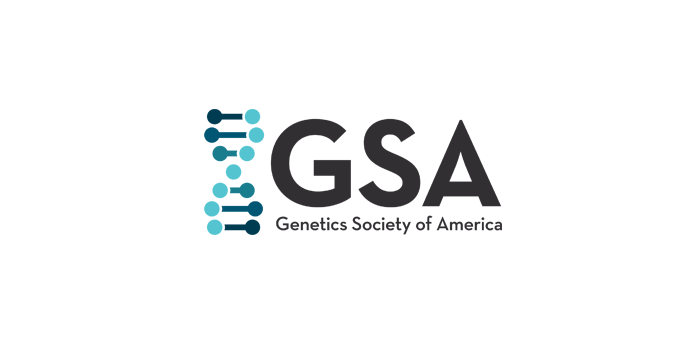Our safety and prosperity are more dependent than ever on scientific breakthroughs. Medical advances like vaccines, rapid diagnostics, and new drugs all require a robust and innovative STEM workforce, as do other endeavors that hinge on genetic research, including agriculture, biotechnology, and conservation. The contributions of immigrant and visiting scientists in the US have substantially advanced the research enterprise in this country—and therefore the nation as a whole.
It is clearly in the US national interest to continue to hire international scientists. The US reaps the benefit of their creativity, talent, and hard work. If this country does not continue to hire them, other countries will reap those benefits instead. Yet, on June 22, 2020, President Trump issued an executive order banning individuals from entering the US under certain nonimmigrant visa classes, effective through the end of the year. Among those affected are postdoctoral researchers, university faculty, and industry scientists who are currently outside the country and seeking an H1-B visa. It does not affect researchers already in the US on June 24, 2020, nor does it apply to those who are overseas but have a valid H1-B visa stamp. Unfortunately, it does affect scientists who have been trapped abroad waiting for US consulates to reopen to process their H1-B applications and renewals.
The new ban is an extension of an order from April 22, 2020, which suspended the approval of new green cards issued outside the US. Another proclamation from May 29, 2020, bars entry for Chinese graduate students and visiting researchers with ties to institutions affiliated with the Chinese military. It also follows reports that the Trump administration is considering restrictions on the Optional Practical Training (OPT) program, which allows international students to remain in the US temporarily after graduation to complete their training, for example as a postdoctoral researcher.
As the Executive Committee of the GSA Board of Directors, we are concerned that these actions are undermining scientific progress and making it even more difficult to accelerate the innovation that is sorely needed in these challenging times. As scientists, we are also concerned for the wellbeing of our colleagues and their families. Such restrictions not only block researchers from entering the country, they also place huge burdens of uncertainty and stress on international researchers already at work in the US.
Although the new restrictions were announced as measures to help the US labor market, they will not create new research jobs for US citizens. Institutions are already incentivized to hire US citizens over foreign scientists by existing labor, immigration, and funding rules. International scientists are hired generally when no similarly qualified US citizen is available, and they are paid the same wages as similarly qualified Americans.
The rationale for the ban also fails to acknowledge the unique importance of international scientific researchers to the economy. Scientific research and technological innovation in the US drives its economic productivity. Part of that success has been due to this country’s ability to attract the best scientists in the world. These highly-trained and skilled STEM workers advance science and stimulate the economy through their discoveries.
Recognizing both the economic and health benefits of biomedical research, US policymakers have long provided bipartisan support for funding the National Institutes of Health and other federal research agencies. These efforts will be squandered if the US research enterprise is no longer able to recruit the most qualified graduate students, postdoctoral scholars, technicians, staff scientists, and group leaders.
In 2017, nearly a third of those in the US-trained doctoral workforce in academia were born overseas. Even when these researchers leave the US, they continue to benefit this country and science as a whole through the strong intellectual links they forge and the collaborations they seed.
The GSA joins many other scientific organizations in opposing the new executive order and other policies that erode the norm of international collaboration in science. We will continue to monitor proposed legislation and executive orders to keep the GSA community informed of any developments.
We urge our colleagues to support researchers affected by these restrictions in your own labs and institutions. Make sure they have access to expert advice on their visa options. Provide flexibility in their job offers. Understand that they have additional demands on their time and energy. Recognize the stress they are experiencing. Ask what kind of help they need.
If you are an immigrant or non-immigrant scientist, or if your research involves international collaboration, consider sharing your story at the AAAS Science Without Borders website. Or email admin@genetics-gsa.org to propose a guest post for publication on this blog. Personal stories of how policy impacts science and science impacts society are among the most effective ways to communicate exactly what is at stake when we close our borders to researchers.
Executive Committee, on behalf of the Board of Directors
Denise Montell President
Hugo Bellen Vice-President
Terry Magnuson Immediate Past President
Erika Matunis Secretary
Mike Buszczak Treasurer
Swathi Arur At-Large Director













